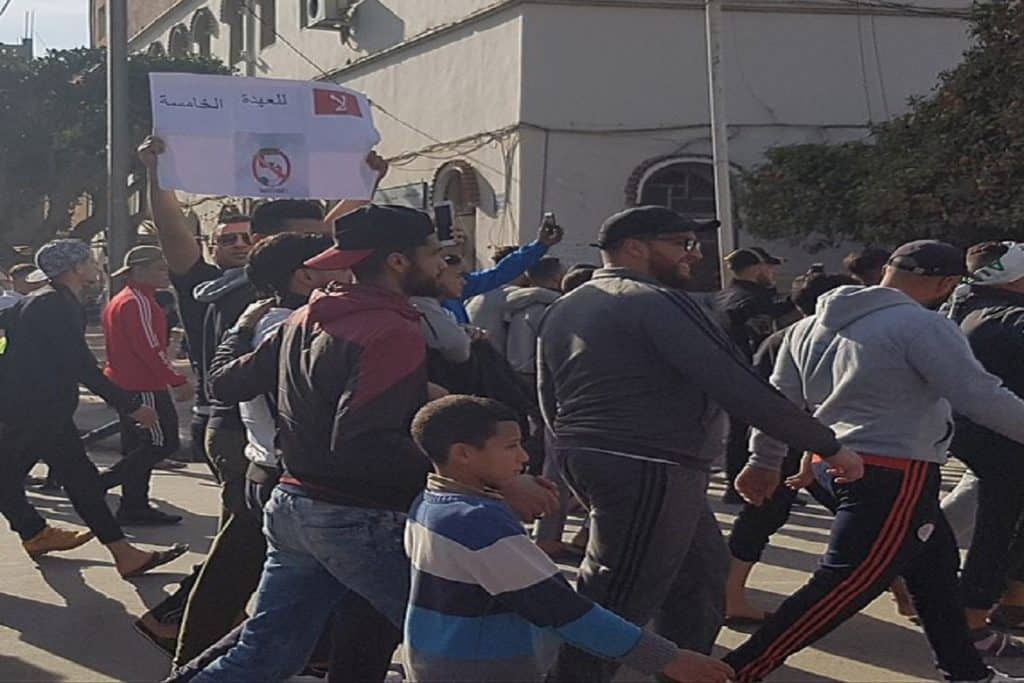By Denis Korkodinov
A series of military coups in the Arab north and east Africa eloquently confirm that the process of peaceful political transformation in the region, as well as in the Middle East, has not yet reached its maturity.
The driving forces of the popular uprisings of the Arab Spring of 2011, which forced the political leaders of Egypt, Tunisia, Libya, Yemen, Algeria and Sudan to resign, not only did not vanish, but also threaten to reassert themselves at any time. At the same time, the main support to popular protest in this region is traditionally provided by the military, receiving funding from Saudi Arabia, the United States or the United Arab Emirates. However, the events in Algeria and Sudan showed that the protesters no longer trust the national armies unconditionally. The protesters began to put forward demands for the transfer of power to civilian governments, which is already an innovation for the “Arab Spring” scenario.
Protests in Algeria and Sudan entered a critical phase when protesters and the military began to express concern that they could be held accountable for decades of poor economic management, corruption and repression. Nevertheless, despite the fact that the protesters were initially inspired by the success in forcing the leaders to resign, the demonstrators and the military, who have close ties with Saudi Arabia and the United Arab Emirates, were internally divided on how to proceed.
Moreover, none of the parties had any real experience in governing the state, on top of which it was, while the military began to realize that their outdated instructions no longer give positive results.
Saudi Arabia expressed support for the protests, which many suspect are part of efforts to ensure that Sudan and Algeria do not become symbols of people’s self-government and its ability to defeat the dictatorship.
Egyptian President Abdel Fattah al-Sisi is a testament to how far the Arab military and their supporters in the Persian Gulf are potentially ready to defend their interests and readiness to govern the state. The same qualities are different and the Libyan General Khalifa Haftar. Military and financial support for the commander of the “Libyan National Army” by the three Arab states is only the tip of the iceberg. Khalifa Haftar was able to model his control over most of Libya, following the example of the Egyptian leader, whose power rests solely on the strength of the army and popular support.
What distinguishes the year 2019 from 2011 is that both sides of the gap realize that success depends on the determination to be in it for a long time. The protesters, moreover, understand that the credibility of military claims about popular support can be self-destructive. They also understand that they are against regional counter-revolution.
All this gives today’s demonstrators the same support as in 2011. However, time will tell whether this will be sufficient for success where the protesters eight years ago failed.
(The opinions expressed in this article are solely those of the author and do not necessarily reflect the views of World Geostrategic Insights)







